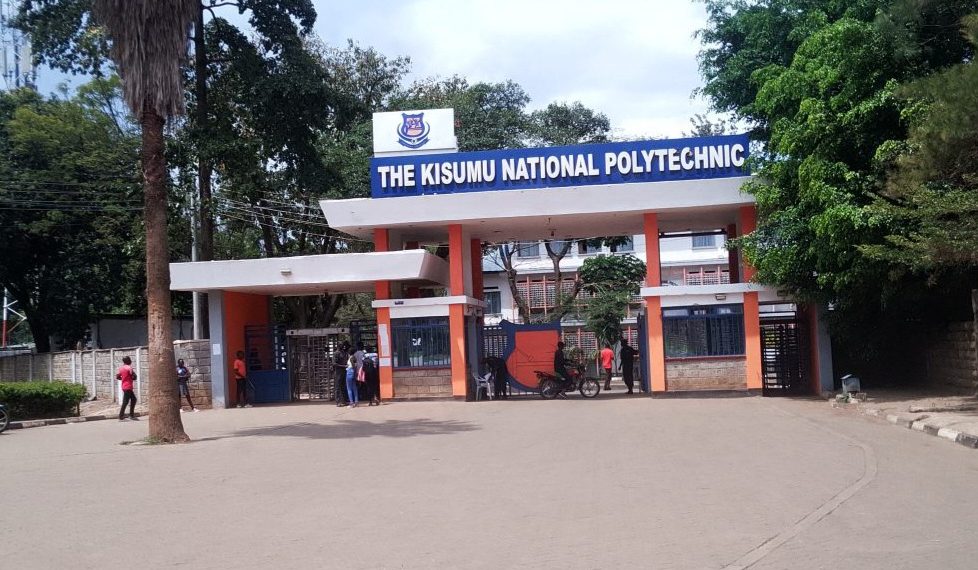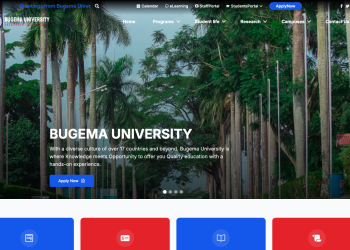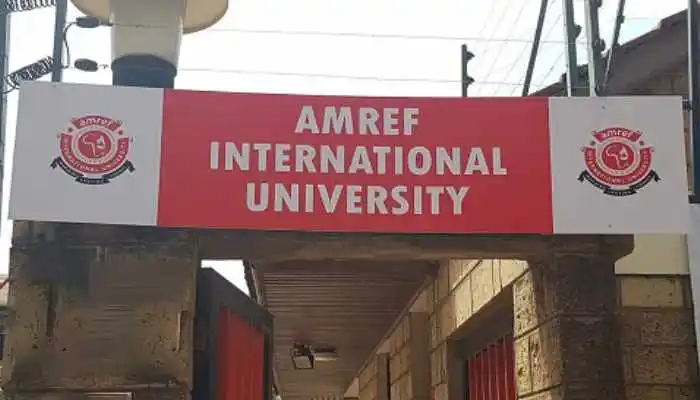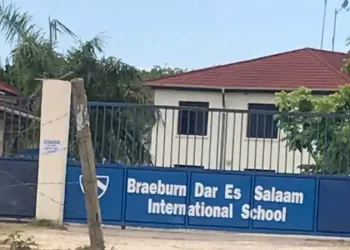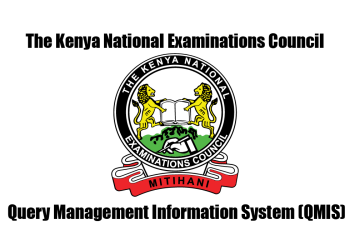The Kisumu National Polytechnic is set to reopen next week in phases, almost a month after it was closed due to violent student protests. The phased reopening, beginning October 27, will initially allow only candidates preparing for final examinations to resume studies, according to the Ministry of Education’s TVET Directorate.
TVET representative Maryan Hassan announced the decision after a consultative meeting held at the institution, attended by administrators, student leaders, and Kisumu County Commissioner Benson Leparmorijo. Hassan emphasized that the reopening would be gradual and controlled, ensuring that normalcy and stability are restored before all students return.
“The reopening will be gradual. We want learning to resume in a controlled manner as investigations into the students’ grievances continue,” she said.
Leadership and Fee Allegations Addressed
One of the students’ key grievances during the protests was the alleged removal of Chief Principal Catherine Kelonye, but the meeting reaffirmed her leadership. Officials clarified that she remains in office, a move aimed at restoring confidence and curbing misinformation.
Hassan dismissed allegations that the institution had increased tuition fees, stating that an official review of financial records found no adjustments to the approved structure. She added that existing levies were government-sanctioned and applied to all national polytechnics, not Kisumu alone.
County Officials Call for Dialogue Over Violence
County Commissioner Benson Leparmorijo cautioned students against violent demonstrations and property destruction, reminding them that while the right to protest is protected, vandalism remains a criminal act.
“The right to protest does not extend to vandalism. We encourage peaceful engagement as the best way to resolve issues,” he said.
The institution was closed indefinitely last month after several days of unrest, during which students blocked major roads and clashed with police. They accused the administration of raising fees without consultation—claims the school later termed “misguided and exaggerated.”
Restoring Calm and Rebuilding Trust
The Kisumu Polytechnic unrest highlights a broader challenge in Kenyan higher learning institutions: communication breakdowns between students and administrators. Education analysts have attributed such incidents to the absence of structured dialogue channels and the growing economic pressures on learners and their families.
With the partial reopening now approved, the focus shifts to whether renewed communication between students and management can rebuild trust and restore lasting calm. The phased approach aims to strike a balance between maintaining security and safeguarding the academic progress of students sitting for national examinations.
Officials remain optimistic that the polytechnic will soon return to full operation under improved dialogue mechanisms, setting a new tone for institutional stability across the TVET sector in Kenya.


